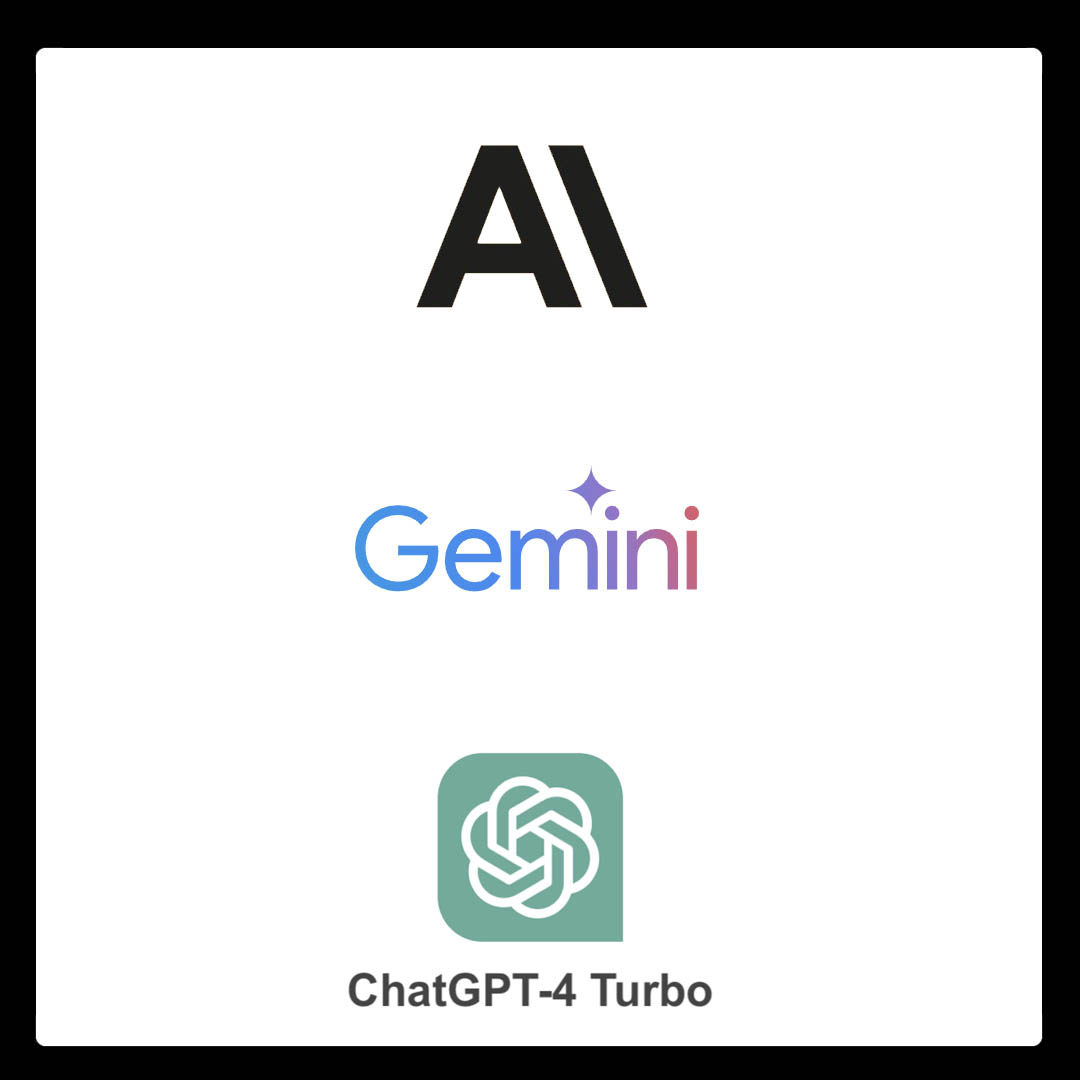|
thisCrowd - Audio Read
Getting your Trinity Audio player ready...
|
In the world of artificial intelligence, where companies eagerly vie for the title of the coolest kid on the block – Anthropic, OpenAI, Google, Meta, Microsoft, and Perplexity engage in a high-stakes popularity contest. Because, let’s be honest, who doesn’t want to be the prom king of AI? Legal intricacies then decide to join the party, playing with AI-generated content like lawyers crafting make-believe cases for a mock trial.
Venture capitalist firm A16z, our beacon of unbridled optimism, unveils a utopian vision labeled “The Abundance Agenda.” Brace yourselves for an “Era of Abundance,” where AI is the fairy godmother granting wishes. Anish Acharya from A16z invites you to dream big, from AI-generated poetry to finding true love advice. Because who needs human creativity when we can have AI craft our life?
The U.S. Department of Justice (DOJ) decides it’s time to get tech-savvy by appointing its first-ever chief science and technology adviser and chief AI officer, Jonathan Mayer. It’s like giving the DOJ a technological makeover. Move over, Sherlock, we’ve got Mayer on the case, tackling everything from illegal drugs to Jan. 6, 2021, Capitol attack evidence. Because, clearly, in the DOJ’s eyes, AI is the Watson to its Holmes.
Now, for the pièce de résistance – Google’s Gemini, the AI wizard that decided to play dress-up with historical figures. A round of boooos for Gemini, creating images that added a touch of World War II chic to people of color in German military uniforms. wow! Who knew AI had a flair for historical fashion mistakes. Gemini refuses to depict white people. A standing ovation for breaking stereotypes! Gemini can’t generate images of people based on specific ethnicities because, well, we wouldn’t want to perpetuate harmful stereotypes. How considerate!
Google, our technological superhero, swoops in to save the day with a blog post titled “Gemini image generation got it wrong. We’ll do better.” Oopsie! Google’s senior vice president, Prabhakar Raghavan, spills the tea on what went wrong – a tuning mishap and an AI model that became too cautious. Who knew AI had a sensitive side? Raghavan graciously admits that Gemini is a bit like your artsy friend – creative but not always reliable, especially when it comes to current events. We all have that friend, right?
In the legal world, where ChatGPT once birthed fictional cases, lawyers in Massachusetts take it a step further, filing legal memoranda relying on fictitious cases. Who needs real precedents when AI can create a legal fantasy land? A litigant in Missouri joins the party, filing an appellate brief with 22 out of 24 imaginary cases. Bravo for creativity! The judge, however, is not amused and demands $10,000 for the legal fees of the opposing party. Because in the courtroom, even AI-generated fantasies have consequences.
Now, the New York Times, after a brief hiatus, decides it’s time to dip its toes into the AI pool. Rumor has it they’re building an AI tool to “test new ad-targeting solutions.” Because who needs traditional advertising when AI can decipher your deepest aspirations and opinions? The NYT, always the trendsetter.
And here we are, immersed in the world of AI, where Gemini’s missteps, legal adventures, and dreams of abundance unfold like a Shakespearean comedy. Because, in the grand play of artificial intelligence, every glitch, lawsuit, and utopian dream is a scene worth watching. Take a bow, AI, for you truly are the dramatist of the digital age and future to come.















































